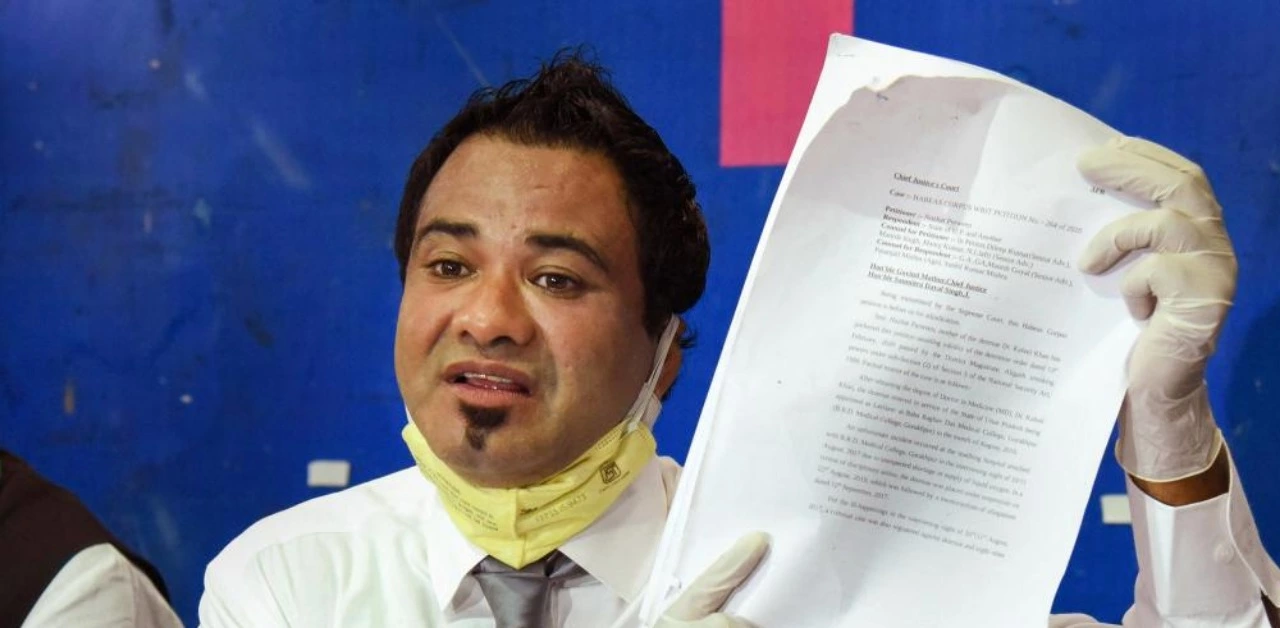Detention in India: Know Your Rights and What to Do
Getting detained is stressful. If it happens to you or someone you care about, quick, calm steps matter. This page explains plain and practical advice about detention in India — what rights you have, what police must do, and how to protect yourself while the situation unfolds.
Basic rights the police must follow
If you are arrested or detained, you should be told why. You also have the right to consult a lawyer. The police must produce you before a magistrate within 24 hours of arrest, excluding travel time. Don’t sign statements or papers without a lawyer present. If you’re ill or injured, you can ask for medical attention and the police should arrange it.
There’s a difference between routine arrest and preventive detention. Preventive detention (used in special laws) has different rules and is meant to stop future harm. But even then, authorities must inform you of the reasons and provide limited review processes. If you suspect misuse, a lawyer or a rights group can challenge it in court.
What to do immediately if someone is detained
First, stay calm. Keep these steps in mind:
- Ask clearly for the reason of detention and the name and badge number of the officer. Say you want a lawyer. Politely but firmly repeat it if ignored.
- Tell the officer you want them to notify a family member or friend about your detention. If you can, give the contact details before detention or during the first contact with police.
- Do not resist physically. Violence can lead to extra charges. If force is used, remember details: names, times, places — you can use them later.
- Refuse to sign any statement without legal advice. Oral interviews can be recorded; get a lawyer present for anything formal.
If you are held for questioning, ask to be produced before a magistrate within 24 hours. A magistrate can remand you to police custody or judicial custody. If you feel your detention is unlawful, tell your lawyer right away — bail, habeas corpus, or other remedies may be possible.
Contact options: call a lawyer you know, a legal aid service, or a civil rights group. Legal aid is available for those who can’t afford private counsel. Keep important numbers saved on your phone and share them with family.
Record what happened as soon as you can — names, badge numbers, vehicles, witnesses. Take photos of injuries and keep copies of any documents. These details help your lawyer and any later complaints.
Detention is a difficult moment, but knowing your rights and following simple steps can protect you. If you’re unsure about one action, prioritize asking for a lawyer and being produced before a magistrate — those are the most powerful safeguards you have on the spot.

- 0 Comments
The Supreme Court recently transferred a petition on the detention of anti-CAA activist Kafeel Khan to the Allahabad High Court. Khan has been in preventive detention since January 29th and his family has stated that his arrest is politically motivated. The petition filed by Khan's brother requested the court to restrain the Uttar Pradesh government from illegally detaining him and to direct the authorities to release him. The Supreme Court has now directed the High Court to take up the matter and decide it on its merits. Khan's family is hoping that the High Court will grant them justice and set him free. The case has received significant public attention and has sparked widespread debate on the CAA, the right to protest, and the right to legal relief.